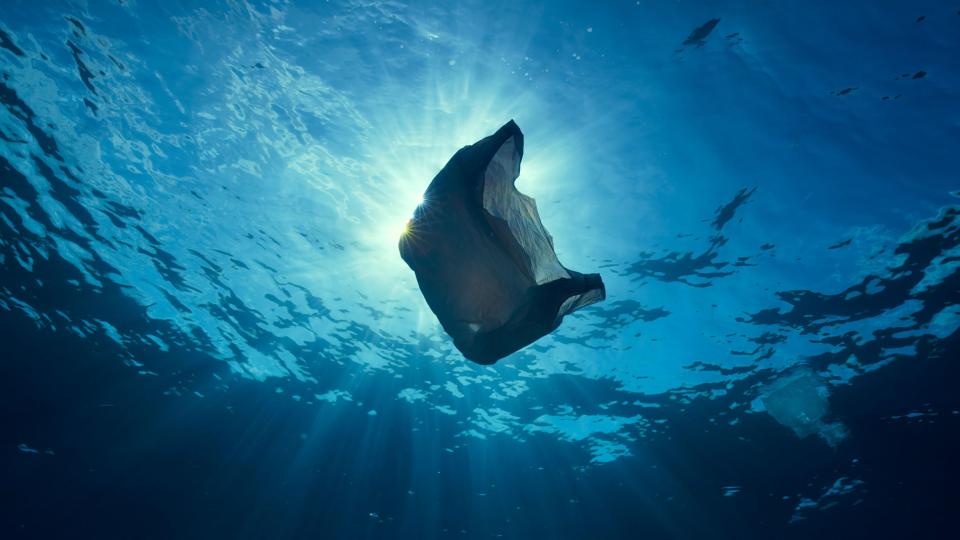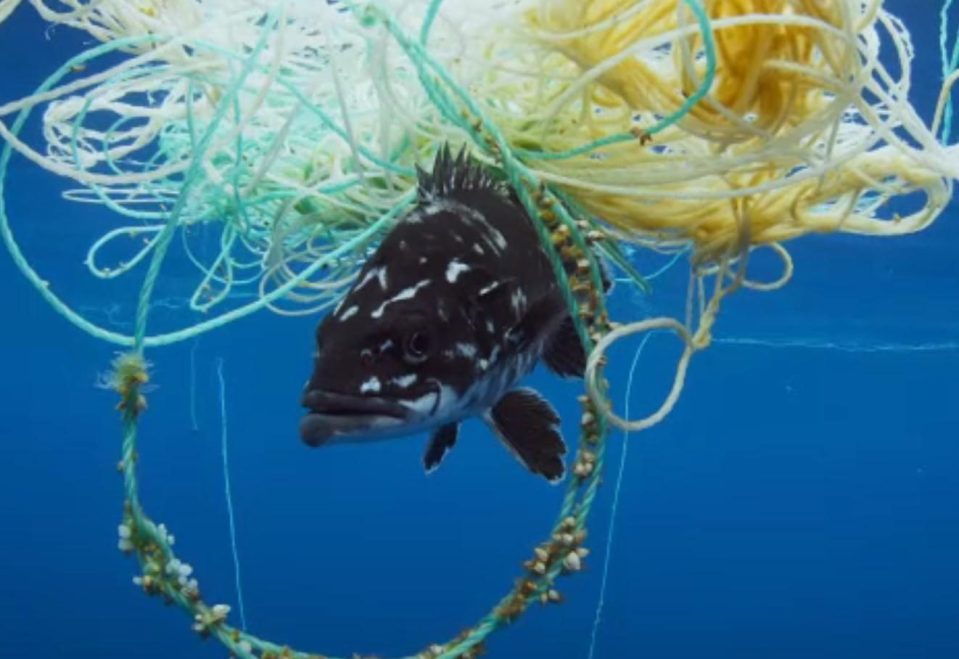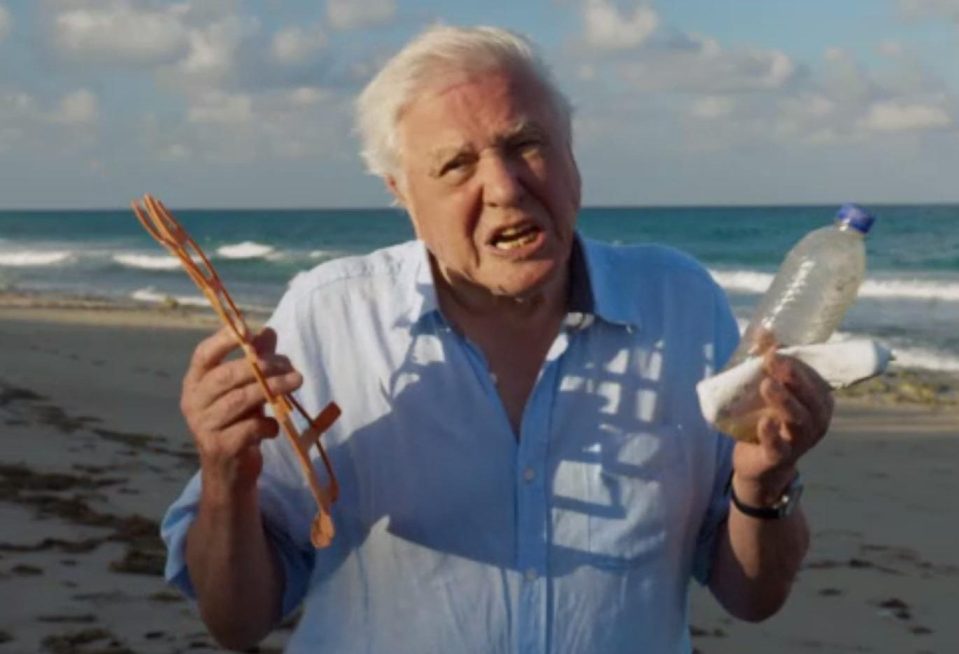Blue Planet 2 behind BBC’s new promise to ditch single-use plastics by 2020
The BBC has set out a three-step plan to completely scrub single-use plastics from the company's UK-wide operations over the next three years, following Sky's lead

THE BBC has pledged to scrap single-use plastics from its operations by 2020.
The decision is part of a growing trend of ditching single-use plastics to improve the health of our oceans, and was partly inspired by David Attenborough's Blue Planet 2 nature documentary TV series.
The Beeb has announced a three-step plan to achieve the goal, starting with scrapping plastic cups and cutlery by the end of 2018.
This will end the use of around two million plastic cups used by visitors and staff across the BBC's sites each year.
Several BBC sites have already started removing plastic cups from kitchens and replacing them with glasses wherever possible.
The move was inspired by the final episode of the BBC's Blue Planet 2, which highlighted the damaging impact of humans on oceans, and called on viewers to help reduce plastic waste.
Tony Hall, BBC Director-General said: "Like millions of people watching Blue Planet II, I was shocked to see the avoidable waste and harm created by single-use plastic is having on the world's oceans and environment.
"We all need to do our bit to tackle this problem, and I want the BBC to lead the way.
"Scrapping throwaway plastic cups and cutlery is the first step, and with our plan I hope we can have a BBC free of single-use plastic altogether."
According to the Ellen MacArthur Foundation, the equivalent of a rubbish truck of plastic ends up in the ocean every minute of every day.
And by 2050, it's estimated that the plastic in the ocean could weigh more than all the fish combined.
To combat this, the BBC will also be removing plastic containers from canteens by 2019, starting with a pilot in Salford this month. There'll also be trials for a coffee cup recycling scheme.
The end goal is a complete removal of single-use plastics from BBC operations by 2020.
The BBC says that any new contracts that "come up for tender" will also include the requirement to cut single-use plastic use.
Rival broadcaster Sky welcomed the move, which is no major surprise: the company launched Sky Ocean Rescue back in January 2017, making an identical pledge to ditch single-use plastics by 2020.
"It's encouraging to see other media companies joining Sky in the fight against single-use plastic," a Sky spokesperson told The Sun.
"Through Sky Ocean Rescue, we've already been successful in transforming our business by removing plastic water bottles, straws, cups and cutlery from our sites, and making the packaging of our most recent product launches single-use plastic free.
"With other business following suit we can all have a big impact."
Sky has already removed single-use plastic bottles from its offices and given staff reusable ones instead.
It also delivered its latest products – the Now TV Smart Stick and Sky Soundbox – in fully-recyclable FSC cardboard and paper.
MOST READ IN TECH
Research suggests that plastic makes up 95% of the rubbish in our oceans.
It's estimated that as many as 90% of the world's seabirds now have plastic in their stomachs.
To highlight the damage being caused, the BBC has commissioned a 90-minute special presented by Liz Bonin that will reveal the scale of the crisis.
We pay for your stories! Do you have a story for The Sun Online news team? Email us at tips@the-sun.co.uk or call 0207 782 4368 . We pay for videos too. Click here to upload yours.














